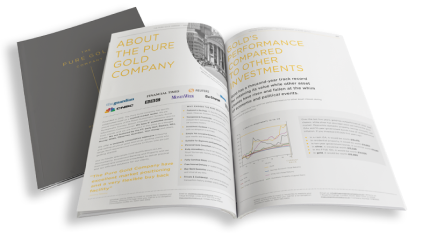Investors buy gold for good reason

Diversify your assets
Investing in gold and precious metals like silver physically diversifies your assets.

For market protection
Gold’s intrinsic value and rarity are the foundation of it’s long-term history of growth.

Hedge against risks
Gold often rises in times of volatility when other assets like shares tend to fall.
Types of gold bullion products
Understanding what you are trying to achieve is at the heart of what we do.
Coins vs bars, storage vs delivery, gold vs silver? Our brokers will help.
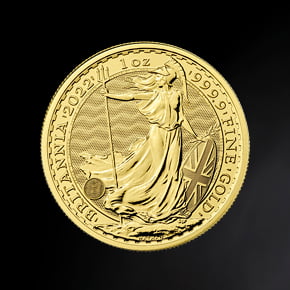
Gold Coins up to 1oz
We supply investment-grade Gold Britannia and Gold Sovereign bullion coins.
Our gold coins are CGT and VAT Tax Free for most UK residents.
We are an official partner of The Royal Mint.
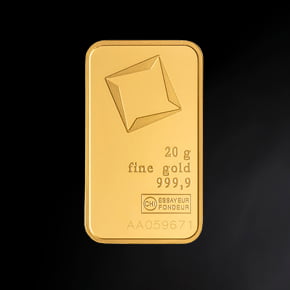
Gold Bars up to 1Kg
We supply investment-grade Gold bullion bars from 5g to 1Kg
Our gold bars are sourced from LBMA “good delivery list” manufacturers
We are official LBMA affiliate members.
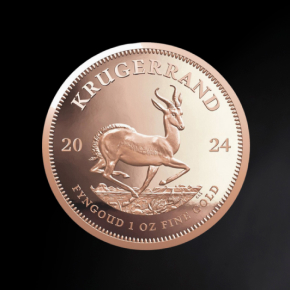
International Bullion Coins
American Eagles
Gold Kugerrands
Canadian Maple Leafs
Chinese Pandas
Australian Kangeroos
We operate internationally and can supply to suit your local market restrictions.
How our pricing works
Not a web shop
Our professional brokers proactively help you make wise investment choices.
Live market prices
We always work to the live gold “spot price” so you know exactly where you stand.
Buying power
Our exclusive deals and industry partnerships mean you benefit from lower prices.
For example, when buying gold, it is important to consider factors such as tax implications, which vary by country and tax status, when looking to protect your investment. Gold’s historical appeal as a store of value is as strong as ever, but the best forms of gold to do this varies by country and individual circumstance. We can help.
If you are at all unsure as to which route is best, book a chat with our expert gold brokers to explore your options and determine the best strategy for your portfolio. Our consultations are free and without any obligation to purchase.
Introduction to Buying Gold
At The Pure Gold Company, we provide our customers with a wide range of gold bars and coins at highly competitive prices. We are one of the UK’s most reputable dealers and are proud to be official partners of The Royal Mint and members of the London Bullion Market Association.
When you purchase from us, you have the choice to either receive physical delivery of your gold bullion through our insured delivery service or utilise our insured secure storage option at an LBMA-member facility.
How to buy gold coins
Gold Coins are a popular choice among investors. They can be easily stored and if you choose wisely they come with substantial tax benefits in the UK. Gold coins, particularly in smaller denominations, can be easily liquidated and hence are always in high demand. Gold bullion coins come in various sizes, ranging from 1/10th of an ounce to one full ounce.
The Pure Gold Company stocks all the most popular current gold bullion coins manufactured by the Royal Mint. Due to our buying power, we can normally offer substantial discounts from The Royal Mint pricing.
If you are not a UK resident and are unable to take advantage of the tax breaks offered by UK minted gold coins then we are also able to source and supply from many different countries. For example, American Eagles, Canadian Maple Leafs, South African Krugerrands, Chinese Pandas, and Australian Kangaroos.
How to buy gold bars
Gold bars are the alternative choice of physical gold investment. Due to their lower manufacturing costs, they tend to be more cost-effective to purchase than gold coins and are still VAT exempt in the UK.
They do not benefit from the capital gains tax exemption enjoyed by UK minted gold coins, however, as they are not legal currency.
Where gold bars really score in the UK is within pension investments. This is because investment-grade gold bars are the only form of physical gold bullion that are acceptable within the regulations to be purchased through a UK pension.
Gold bars come in a wide range of weights from as little as 1 gram to the 400 ounces of a “good delivery bar”. It is important to only purchase gold bullion bars from manufacturers that feature on the LBMA’s “good delivery” list. This ensures you are purchasing gold bars that are known to be of the correct quality, purity and provenance.
Book a free consultation
We offer free 15 min, 30 min and 45 min consultations so you can ask as many questions as you like without feeling rushed.
Our expert brokers love to chat about all things Gold and Silver.
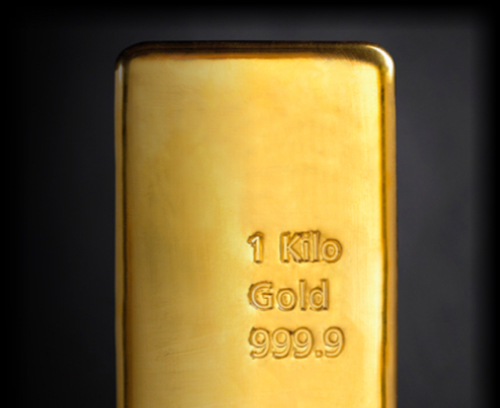

Because there is more to buying gold than clicking on a web shop.
Get expert guidance, fully certified bullion and total peace of mind.

The best choice for most UK investors. Completely tax-free investment, with no ISA-style limits. Our gold coins are fully certified.

Investment grade, VAT-exempt, 24 carat gold bars. Perfect for pension investment via a SIPP. Our gold bars are fully certified.
Why choose
the Pure Gold Company?
- Reputable & fully accredited
- Buy-back guarantee
- Fully certified metal
- Free delivery or storage
- Customer focussed
- No hidden charges
- 5 star independent reviews
We’re available to discuss any questions you may have by telephone or a visit to our London offices at 1 Royal Exchange.
Discover more:


